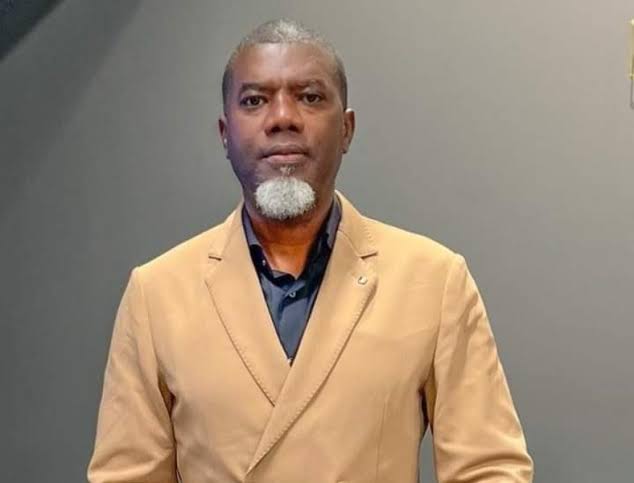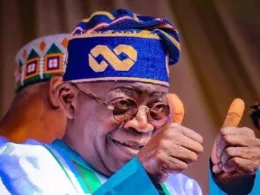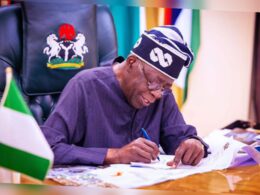Reno Omokri, former presidential aide and vocal political commentator, has voiced strong support for President Bola Tinubu’s administration, citing key economic improvements that signal progress despite widespread public concerns about rising living costs.
He pointed to growth in Nigeria’s Gross Domestic Product (GDP), trade balances, and a booming stock market as indicators that the country’s economy is moving in the right direction, urging patience amidst ongoing reforms.
Omokri acknowledged that the soaring cost of living particularly driven by the removal of fuel subsidies has sparked public outcry. However, he insisted that these hardships are temporary by-products of much-needed fiscal discipline.
In defending Tinubu, Omokri compared Nigeria’s current trajectory to Vietnam, highlighting that both nations share a story of resilience and industrial growth following tough economic reforms.
Omokri emphasized that Nigeria’s GDP grew by 3.19% in the second quarter of 2024, a figure he sees as a promising sign for long-term growth. Moreover, he noted that Nigeria recorded a trade surplus of over ₦14 trillion in the first half of 2024, largely due to increased exports. He attributed this surplus to better national security and trade policies that have strengthened Nigeria’s borders, allowing for more efficient trade flows.
Additionally, he highlighted the record-breaking performance of the Nigerian Stock Exchange, which has consistently hit new highs throughout 2024. On several occasions, the exchange posted significant gains, including an all-time high in March 2024, when it reached 104,562.06 points, making it one of the best-performing markets globally.
The former aide also praised Tinubu’s decision to end the petrol subsidy, a move that has been unpopular but is seen by some economists as necessary to end the cycle of borrowing that previous administrations relied on to artificially lower prices.
Omokri underscored that previous governments lacked the political will to make such bold moves. He argued that removing the subsidy allows the country to live within its means and focus on rebuilding its foreign reserves, which currently stand at $39 billion.
However, not everyone shares Omokri’s optimism. Prominent PDP figure Dele Momodu offered a starkly different view, asserting that the rising cost of living suggests there is no light at the end of the tunnel. For many Nigerians, the pain of these economic adjustments feels overwhelming, particularly as inflation rates climb and wages struggle to keep pace with price increases.
In response, Omokri reiterated his belief that the economic indicators tell a different story. He argued that while things are difficult now, the long-term benefits of Tinubu’s reforms will far outweigh the short-term sacrifices. Omokri noted that Nigeria has already achieved substantial progress by boosting local production, particularly in the oil sector with the Dangote Refinery now online. This, he claimed, positions Nigeria as a net exporter of petroleum products, a significant shift from its previous reliance on imported fuel.
Ultimately, Omokri’s defense of Tinubu’s policies revolves around the notion that real economic change often comes with discomfort.










Join our Channel...